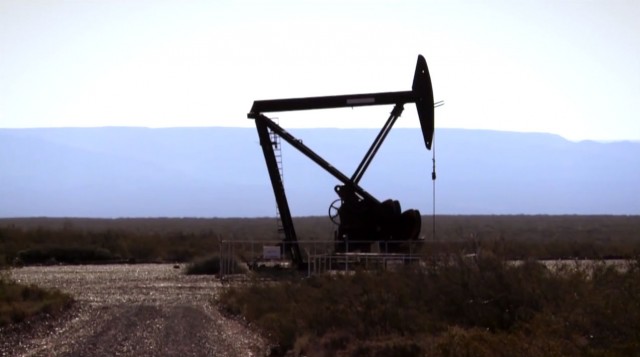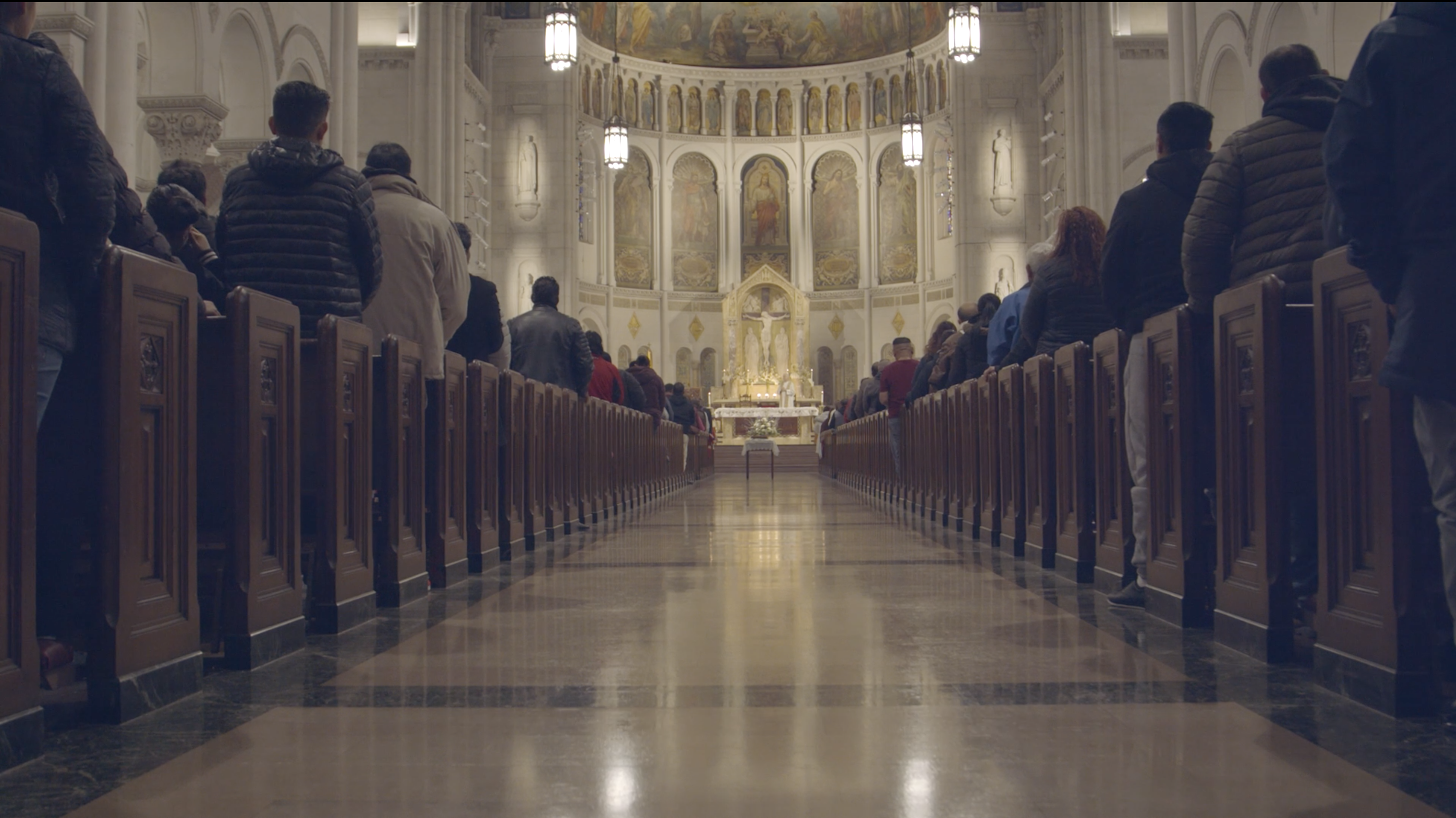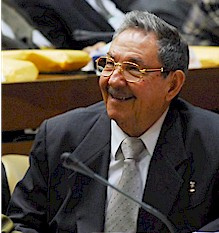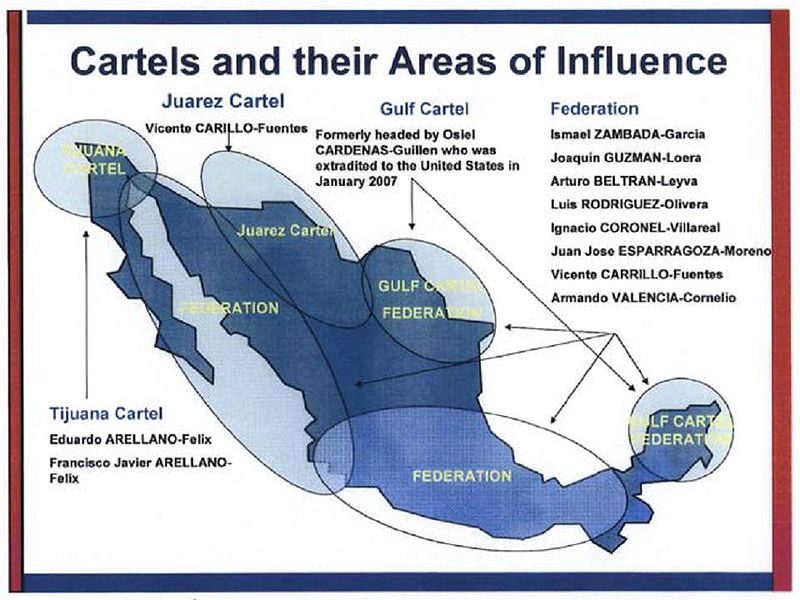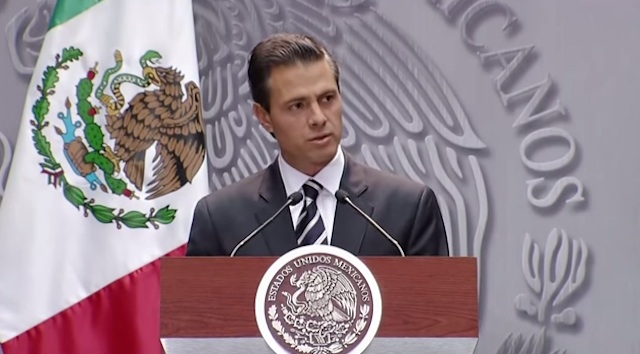
Latin America: Week in Review, Mexico, North America
Crisis in Guerrero Continues as Peña Nieto Meets with Families of Missing Students
October 30, 2014 By Staff
Top Story – Mexican President Enrique Peña Nieto met for the first time with family members of the 43 missing students from Guerrero state on Wednesday in Mexico City.
Before the meeting, family members said they were prepared to voice their “indignation” over the country’s fruitless search for their missing loved ones and to demand the president do more.
Since the 43 students went missing after being attacked by police on Sept. 26, the search for them has been marked by popular anger, frustrated speculation and several dead ends.
Although President Peña Nieto instantly spoke out against the disappearance of the students — describing the situation as “unacceptable” and tweeting that there would be “no impunity” for those responsible — his leadership has been placed under a critical spotlight as the search continues to no avail.
Since Peña Nieto took office in December 2012, he has focused on economic reforms with an eye on opening Mexico to investment from abroad. His messaging shifted its focus away from drug-related violence even as he presided over the arrests of several drug kingpins, including Sinaloa cartel chief Joaquin Guzmán Loera. His efforts to improve the country’s image were made easier when the official murder rate declined and foreign investment hit a record high in 2013.
The impact of his public relations successes has been undermined by the disappearance of the students, which mars the perception of Mexico’s recent progress.
As families met with President Nieto in Mexico’s capital on Wednesday, protesters attacked the official residence of Guerrero’s governor. The protesters, members of Guerrero’s teachers’ union, graffitied the front doors of the Casa Guerrero, demanding the removal of newly appointed interim governor Rogelio Ortega and the recovery of the 43 students alive.
Headlines from the Western Hemisphere
North America
- Four unidentified bodies were found Wednesday in Mexico’s border city of Matamoros, close to where three siblings from Texas went missing over two weeks ago.
- The BBC takes a look at artists painting portraits of Mexico’s 43 missing students, calling on the government to provide answers.
- After a year of exploration, Mexican archaeologists have found thousands of artifacts and three chambers from the ancient city of Teotihuacan within a tunnel that was sealed nearly 2,000 years ago.
Caribbean
- U.S. officials participated in an Ebola conference in Cuba on Wednesday, further demonstrating the potential for the typically adversarial nations to cooperate on the health crisis.
- Following the death of MLB player Oscar Taveras in a car accident in the Dominican Republic last week, The Economist investigates the factors contributing to the high fatality rates on Dominican roads.
- While searching for two Cubans still missing from a group of migrants that was rescued on Monday, the U.S. Coast Guard found and rescued 33 other Cubans from a boat off the coast of Boca Raton, Florida.
Central America
- In a case that could set back approval for genetically modified meat in the U.S., Panama has fined U.S. biotechnology company AquaBounty Technologies, which could be the first firm to bring the meat product to market, for failing to meet regulations.
- In an effort to curb criminal activity among youth, Honduras is considering a proposal to allow minors as young as 16 to be sent to jail, a move critics argue is inhumane and counterproductive.
Andes
- Authorities in Colombia are investigating allegations that an army intelligence unit spied on politicians, diplomats, journalists and negotiators involved in peace talks with FARC guerrillas.
- Over 5,000 prison inmates have launched a hunger strike across Colombia, demanding better healthcare and conditions.
- Peruvian authorities late on Tuesday announced the arrest of a member of an unnamed international terrorist organization, although local media names Hezbollah, a Lebanese Shia Muslim group that usually restricts its activities in Latin America to fundraising, raising questions as to why the suspect is accused of handling “military-grade” explosives.
Southern Cone
- President Dilma Rousseff of Brazil on Wednesdayannounced an interest rate hike, a market-friendly move that went further than predictions by all 43 economists surveyed by Reuters, and likely surprised those who sold off Brazilian stocks and currency in recent days due to anxiety over Rousseff’s populist leanings.
- In other surprising news from the markets of South America, a U.S. investment advisor on Wednesday said Argentine bonds are “one of the best investments on the planet now,” due to the bargains made possible by its “messed up” levels of risk and uncertainty, and the likelihood of improvement under the country’s next leader when President Cristina Fernández de Kirchner’s term is up.
- Some 70,000 members of Chile’s largest teachers’ union staged a walkout and marched through the streets Wednesday, threatening to strike indefinitely over pay and benefits issues at a time when President Michelle Bachelet is pushing an ambitious and controversial education reform package.
Image: Youtube
Subscribe to Today in Latin America by Email
< Previous Article
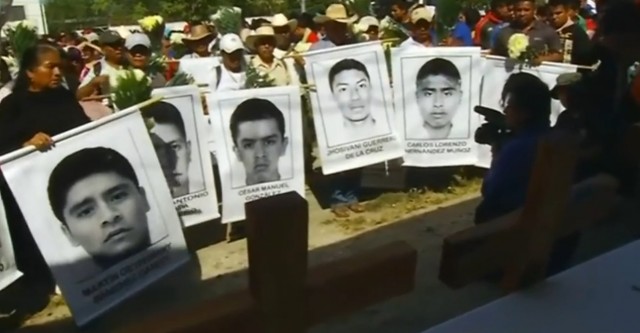
October 29, 2014 > Staff
Despite New Leads, No Answers in Search For Missing Students
Next Article >
